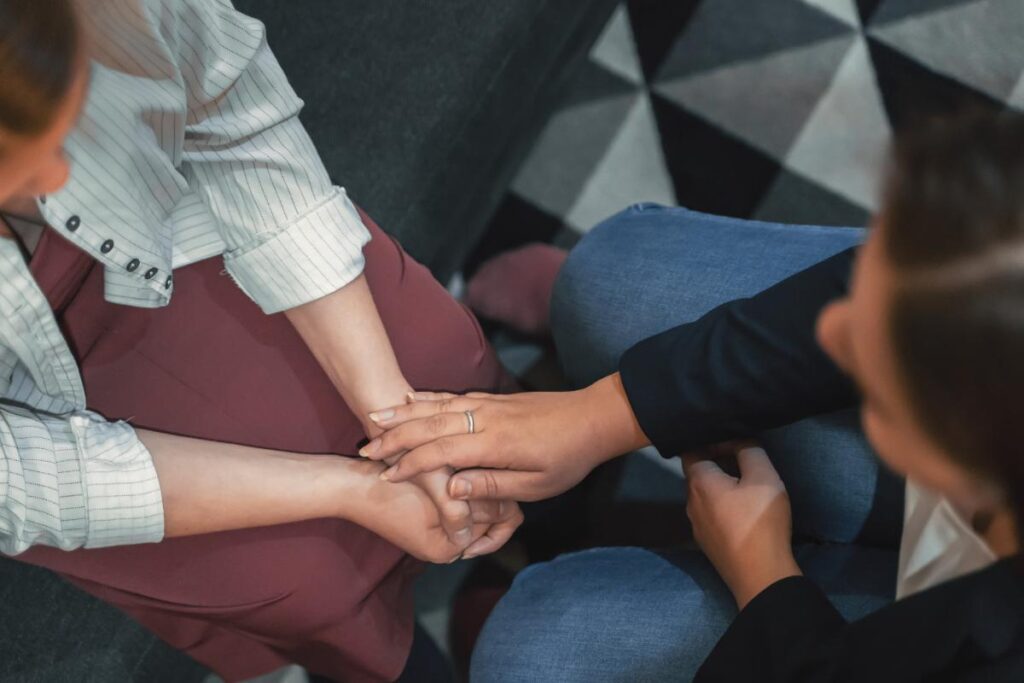As the legalization of cannabis expands across various regions, the popularity of edibles as a method of consuming cannabis has surged. Edibles, which include an array of products like gummies, chocolates, and baked goods infused with cannabis, offer an alternative to smoking or vaping, which can be appealing to those seeking discreet and lung-friendly ways to consume. However, amidst their growing acceptance, it’s crucial to address a pressing concern: Are edibles addictive?
At The Right Step Hill Country, we are committed to shedding light on issues such as these, empowering people with the knowledge to make informed choices, and offering support to those facing addiction challenges. Our addiction treatment programs are designed to help individuals overcome substance use, including addiction to edibles. Give us a call at 1.844.675.1628 if you or a loved one may be experiencing the signs of edible addiction.
Understanding Edibles and Their Effects
When trying to get answers to the question, “Are edibles addictive?” You first need to understand edibles and their effects on a person’s body. Edibles are cannabis-infused products meant for ingestion. Unlike smoking or vaping, which deliver THC directly into the bloodstream through the lungs, edibles introduce cannabinoids via the digestive system. This means the body metabolizes these components substantially differently, leading to a delayed onset of effects, usually ranging from 30 minutes to two hours after consumption.
This delayed reaction can be deceptive, sometimes prompting individuals to consume larger quantities in the mistaken belief that the initial dose was insufficient. When the effects do manifest, they are generally more pronounced and longer-lasting than those experienced through inhalation. This can be attributed to the conversion of THC into 11-hydroxy-THC, which is significantly more potent and has a stronger affinity for the brain’s CB1 receptors.
Signs of Edible Addiction
Recognizing the telltale signs of edible addiction is paramount, as early intervention can lead to more effective treatment outcomes. At The Right Step Hill Country, we prioritize educating individuals about these signs, offering a supportive hand through every step of their journey to recovery. If you observe any of the following behaviors or physical changes, it’s important to reach out for professional guidance:
- Increased tolerance – Needing to consume more edibles to achieve the same effects, indicating the body’s growing accustomed to the substance.
- Use in unsafe situations – Consuming edibles before or during activities that require full attention, such as driving or operating machinery.
- Neglect of responsibilities – Failing to fulfill duties at work, school, or home due to edible consumption.
- Social withdrawal – Avoiding social activities once enjoyed to spend more time using cannabis products.
- Continued use despite issues – Persisting in using edibles even when it is causing mental, physical, or relationship issues.
- Withdrawal symptoms – Experiencing physical or psychological withdrawal, such as irritability, sleep problems, or cravings, when not using edibles.
If these signs resonate with you or someone you care about, please remember that The Right Step Hill Country is here with open arms. Our compassionate approach ensures you’re not alone in addressing edible addiction.
Call The Right Step Hill Country to Start Your Recovery from Addiction
If you’re grappling with uncertainty and asking yourself, “Are edibles addictive?” know that you are not alone in your concerns or your journey toward healing. At The Right Step Hill Country, we understand the complexities of addiction and the bravery it takes to seek help. Our dedicated team is committed to providing a supportive environment where you can find both guidance and healing. Call us today at 1.844.675.1628 or contact us online to get help finding a suitable addiction treatment program for you or a loved one.

